Research shows how immunotherapy impacts the quality of life in advanced lung cancer patients.
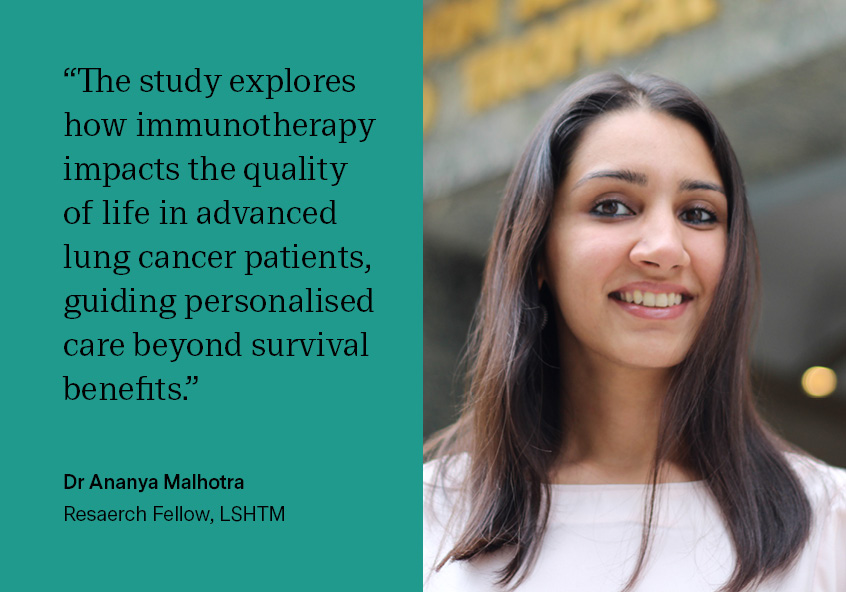

Research shows how immunotherapy impacts the quality of life in advanced lung cancer patients.
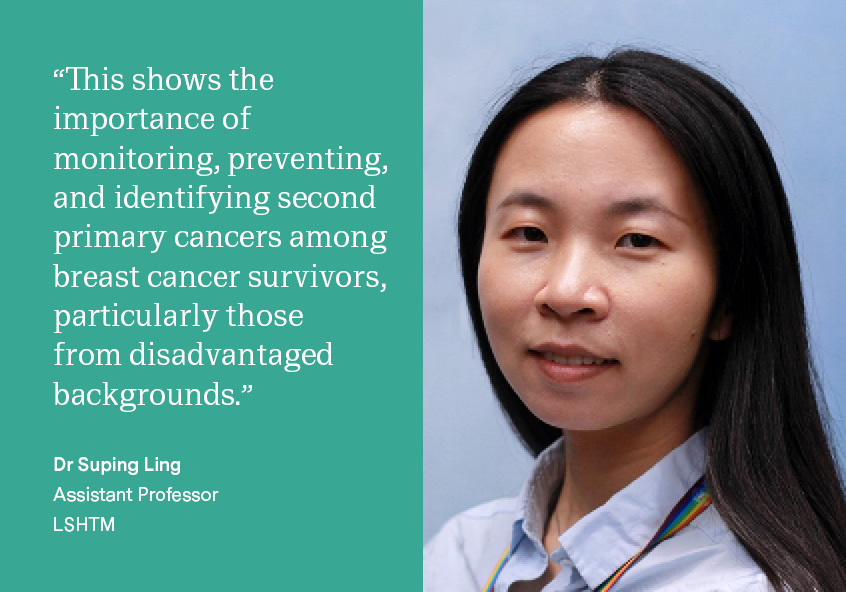
Research suggests women from deprived areas in England face a higher risk of developing a second primary cancer
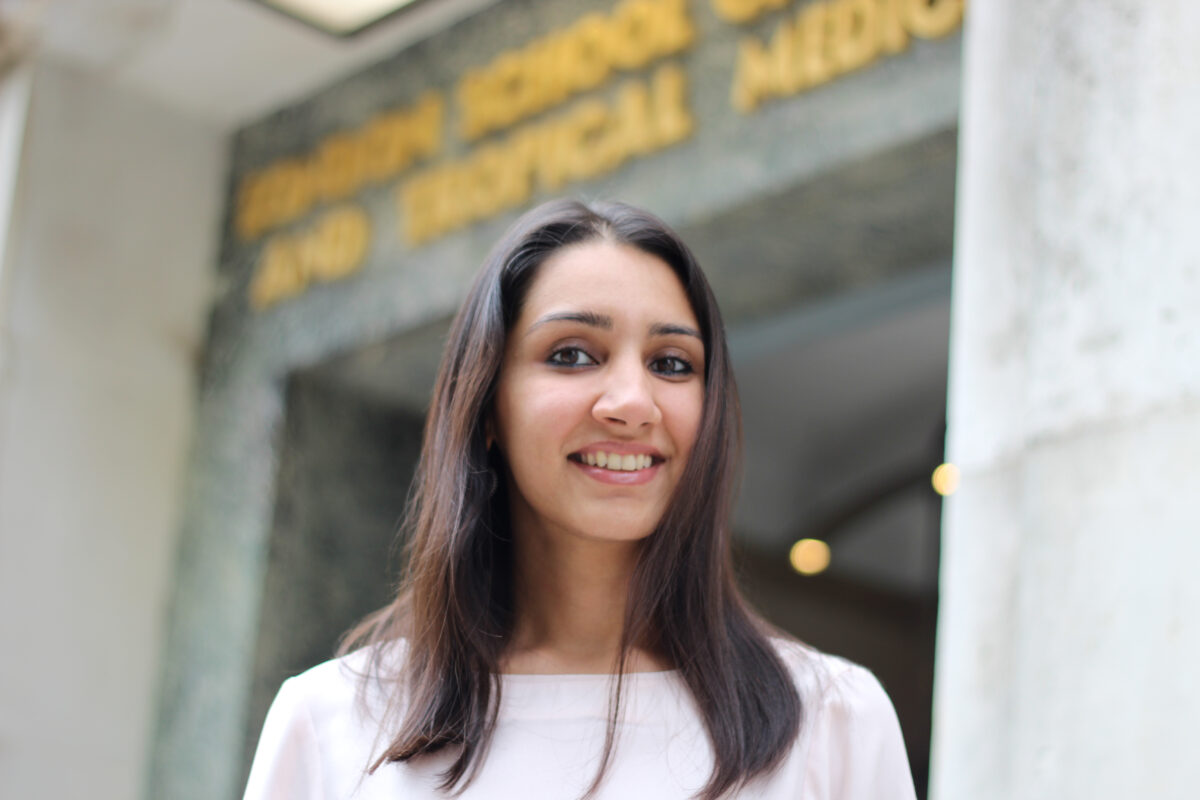
On International Day of Women and Girls in Science, Dr Ananya reflects on her journey from India to the UK and the challenges, triumphs, and opportunities that have shaped her […]

On World Cancer Day 2024, we spoke to members of ICON to hear some reflections and introspection. We posed the question; how and why did you end up researching cancer inequalities, and what motivates you to keep researching in this space?
Here’s what they had to say.
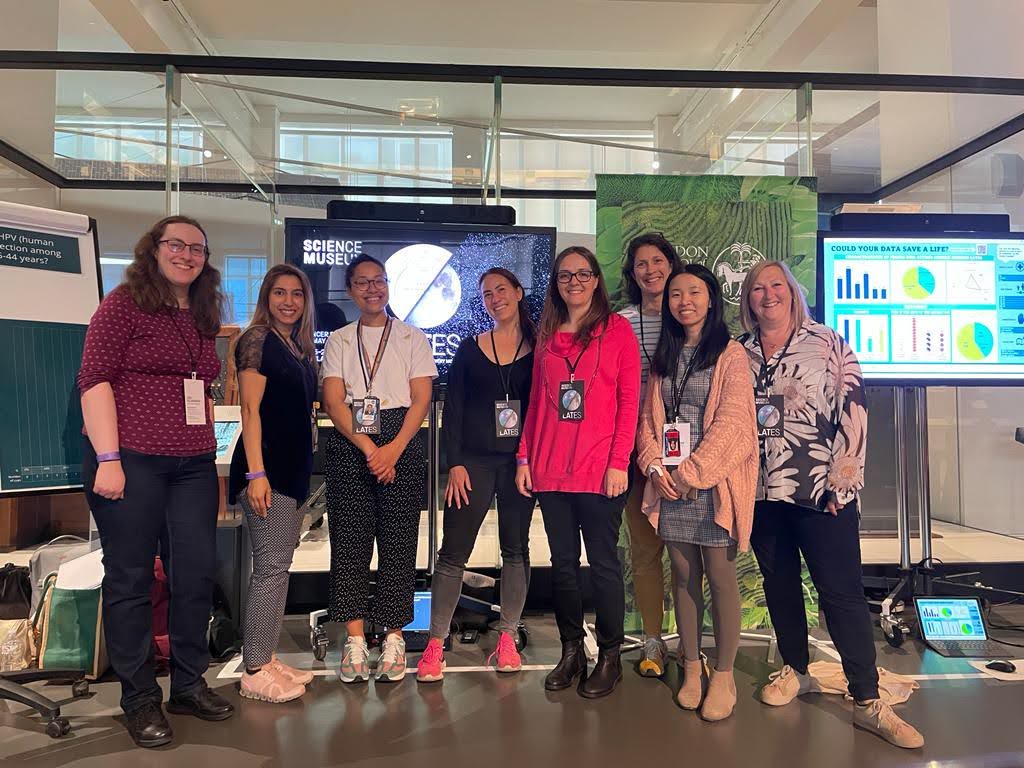
On 25 May 2022, staff and doctoral students from the London School of Hygiene & Tropical Medicine, connected by cancer research, participated in Science Museum Lates – an after-hours opportunity […]

What the study found Most people diagnosed with cancer have pre-existing chronic conditions (also known as comorbidities), which might delay the diagnosis of cancer. To better understand which patient groups […]
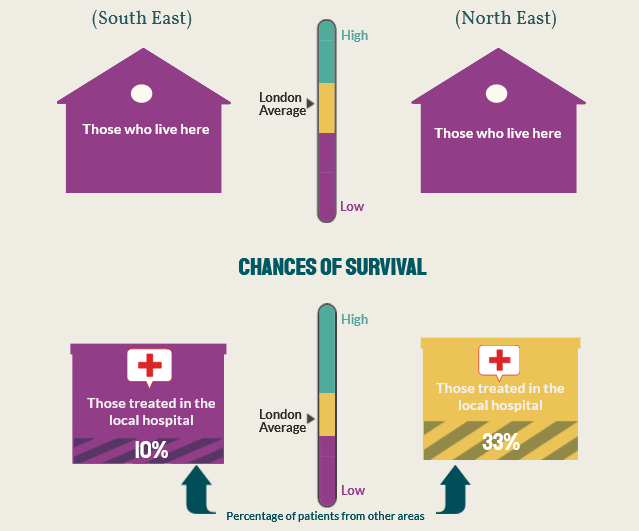
This study highlights the need to better coordinate primary and secondary care sectors in some areas of London to improve timely access to specialised clinicians and diagnostic tests.
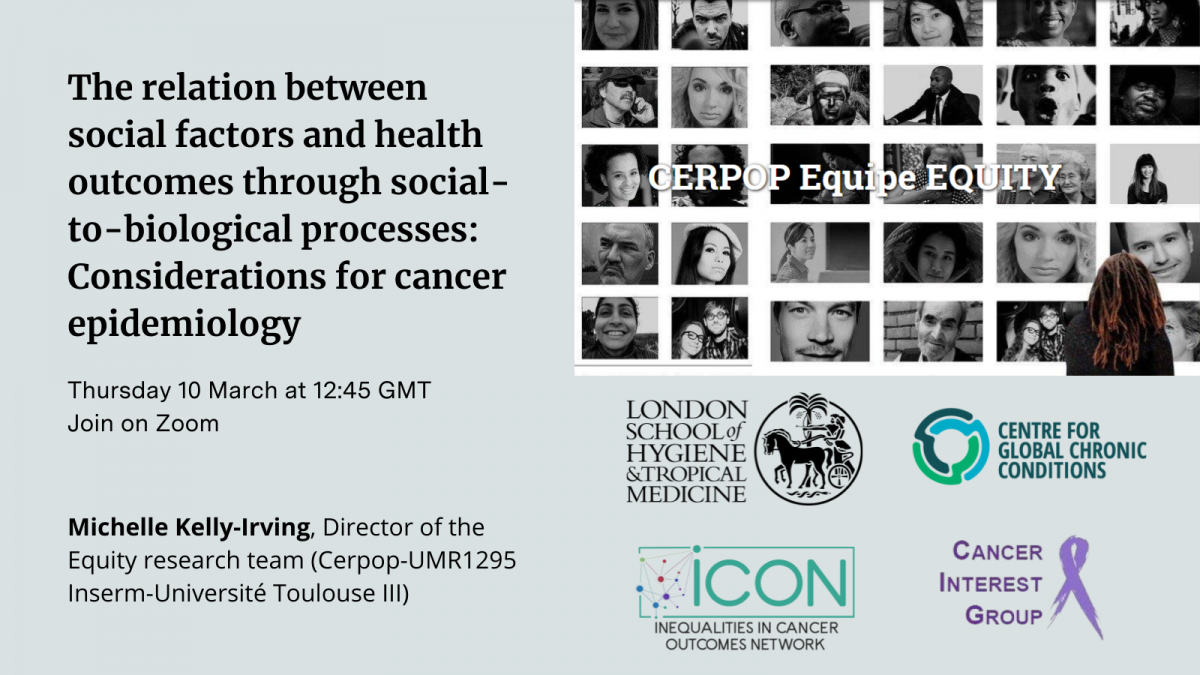
In this seminar, Michelle Kelly-Irving will outline the embodiment dynamic conceptual framework used to examine how health inequalities are partly constructed through social-to-biological processes. She will provide empirical examples of […]
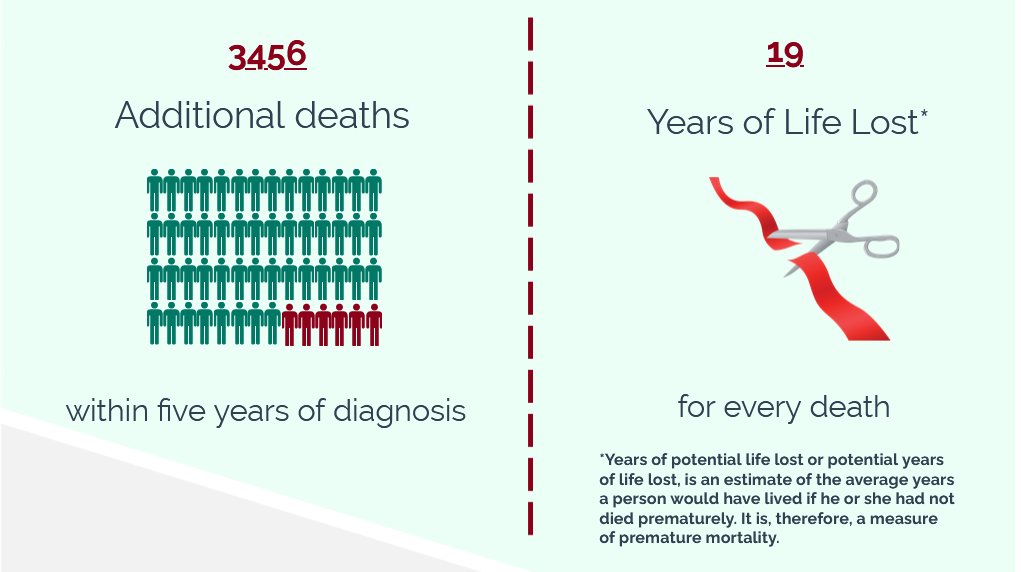
Since a national lockdown was introduced across the UK in March, 2020, in response to the COVID-19
pandemic, cancer screening has been suspended, routine diagnostic work deferred, and only urgent symptomatic
cases prioritised for diagnostic intervention.